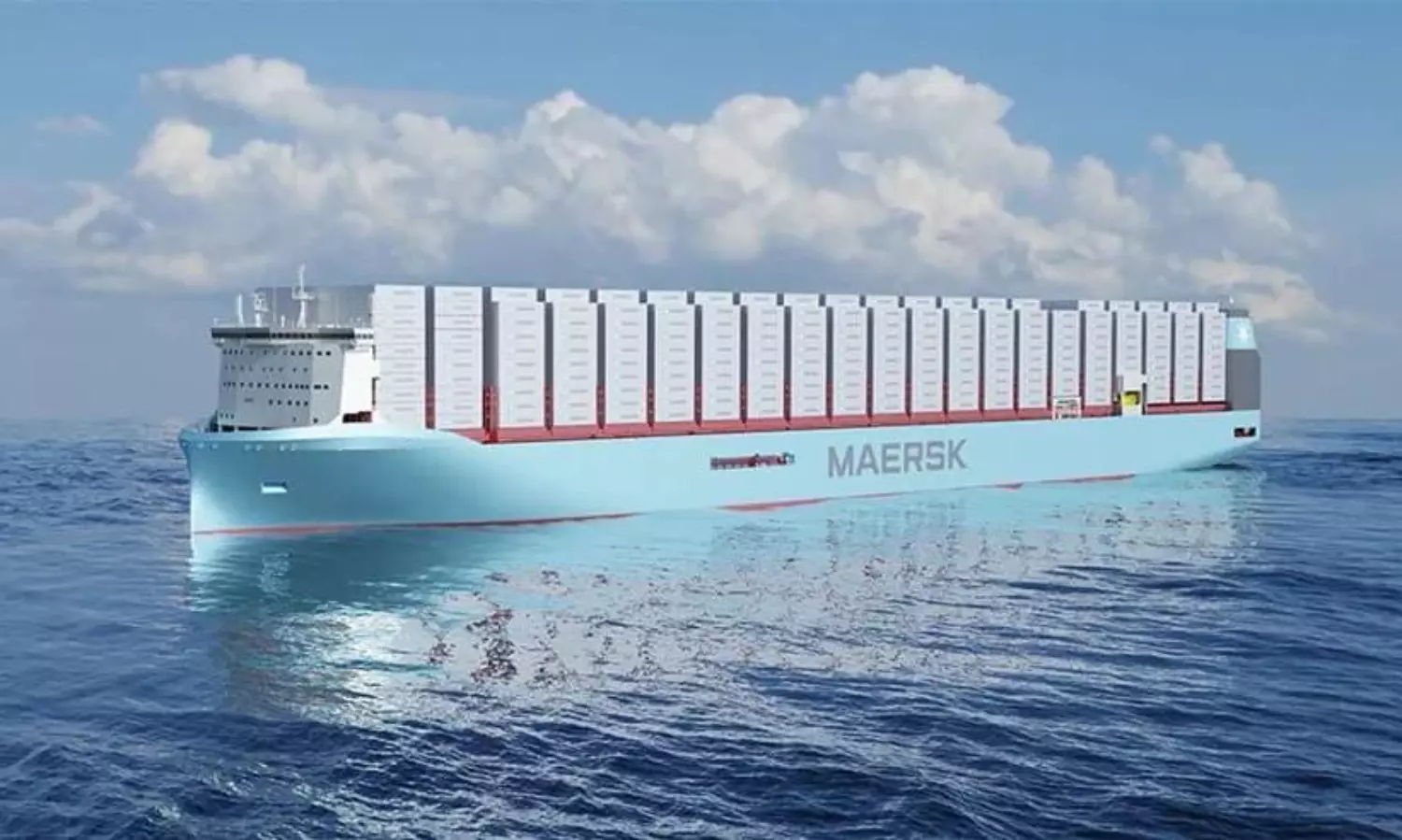Challenges to Net Zero for container shipping lines
From 10 carriers operating approximately 85% containership fleet, eight have confirmed net zero targets by 2050: Drewry

The net zero targets of major container shipping lines are much more ambitious than the International Maritime Organization (IMO), which is under pressure to follow their lead.
"It is a sign of the times that the sustainability reports of container shipping companies arguably make for more interesting reading than their income statements, which no longer contain such mind-blowing numbers," says Drewry in its latest update.
"Sustainability/ESG filings certainly provide more clues on the long-term direction that carriers are heading, filled as they are with pledges on how each will help the industry go beyond the current decarbonisation target of the IMO - to at least halve shipping’s greenhouse gas emissions by 2050 (compared to 2008)."
IMO, Top 10 carriers' net zero targets, interim goals
(Source: Drewry)
From the leading 10 carriers – collectively operating approximately 85 percent of the active containership fleet – eight have confirmed net zero targets by 2050 at the latest while one other, Cosco, is aiming for 2060, in line with all Chinese state-owned entities, says Simon Heaney, Senior Manager, Container Research, Drewry. "The odd one out is Taiwanese carrier Yang Ming, which, so far, has not explicitly said that it will aim for net zero by a specific date. It has, though, committed to the IMO’s targets."
While the net zero target dates, interim goals and methods do vary between carriers, the common thread is a commitment to buying more fuel efficient and less polluting ships to replace the dirtier units that have been the workhorses of global trade for decades, the report said. "The reality is that the process of cleaning the containership fleet has only just started and will inevitably take time. As things stood on June 1, 2023, approximately 97 percent of the active fleet, when measured by TEU capacity, had main engines powered by bunker fuel derived from crude oil. That ratio improves to just under 90 percent when factoring in ships that are ready for alternative fuels (mostly LNG), but not yet using them."
How long it will take the so-called eco container ships to take the lead within the active fleet will depend on three factors - their density in the orderbook, the retrofitting of existing ships to adopt alternative fuels and/or other energy-saving technologies, and the speed at which business as usual (BAU) ships are demolished. Good progress is being made on the first part, more slowly on the second, and even slower on the third, the report added.
Drewry view
"It is easy to lose sight of the bigger picture when wrapped up with short-term concerns such as the direction of freight rates or port throughput. But such matters only carry transitory importance and are quickly forgotten. What will be remembered in future years is what the shipping industry did to reduce its environmental impact on the world."


